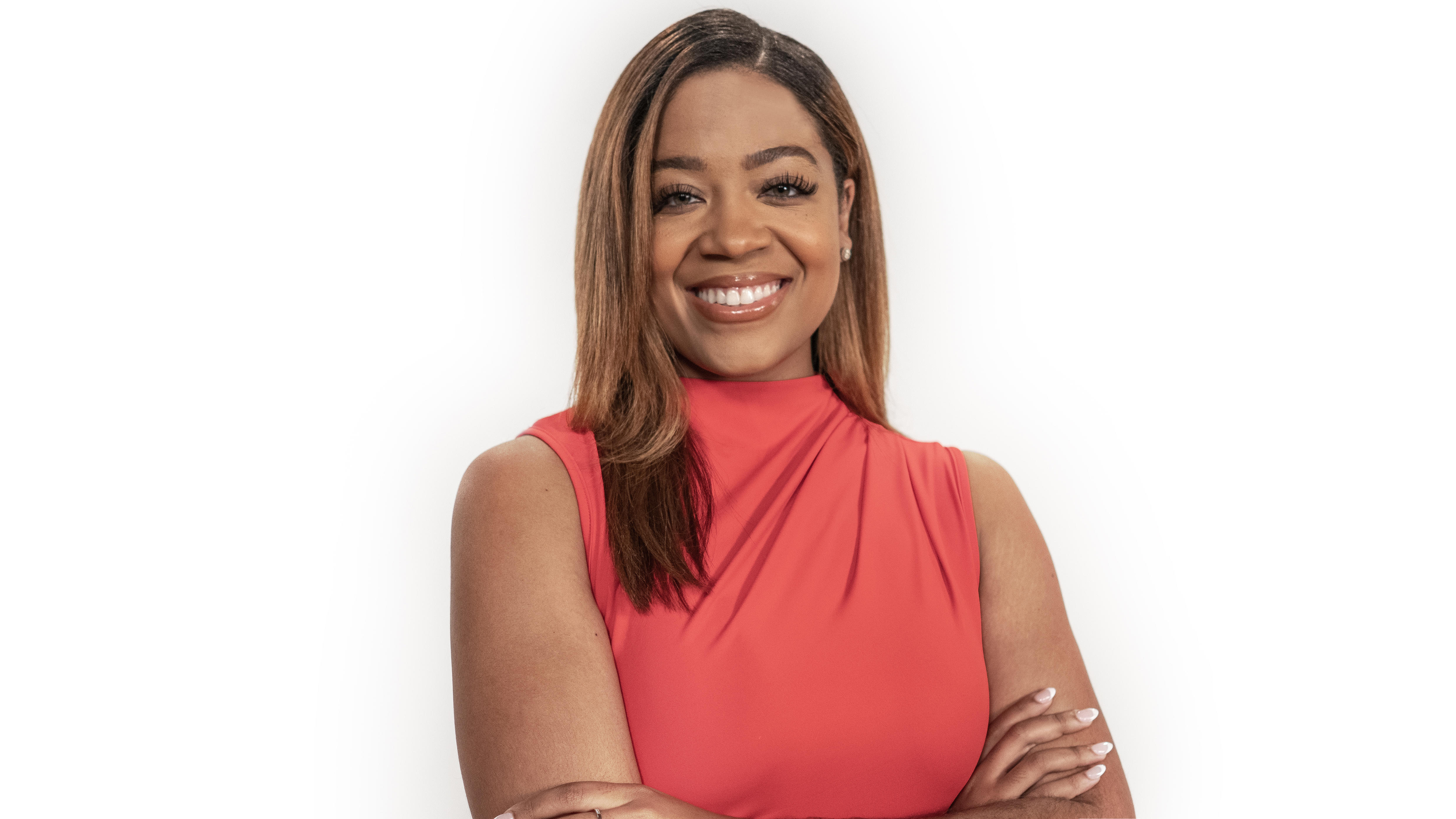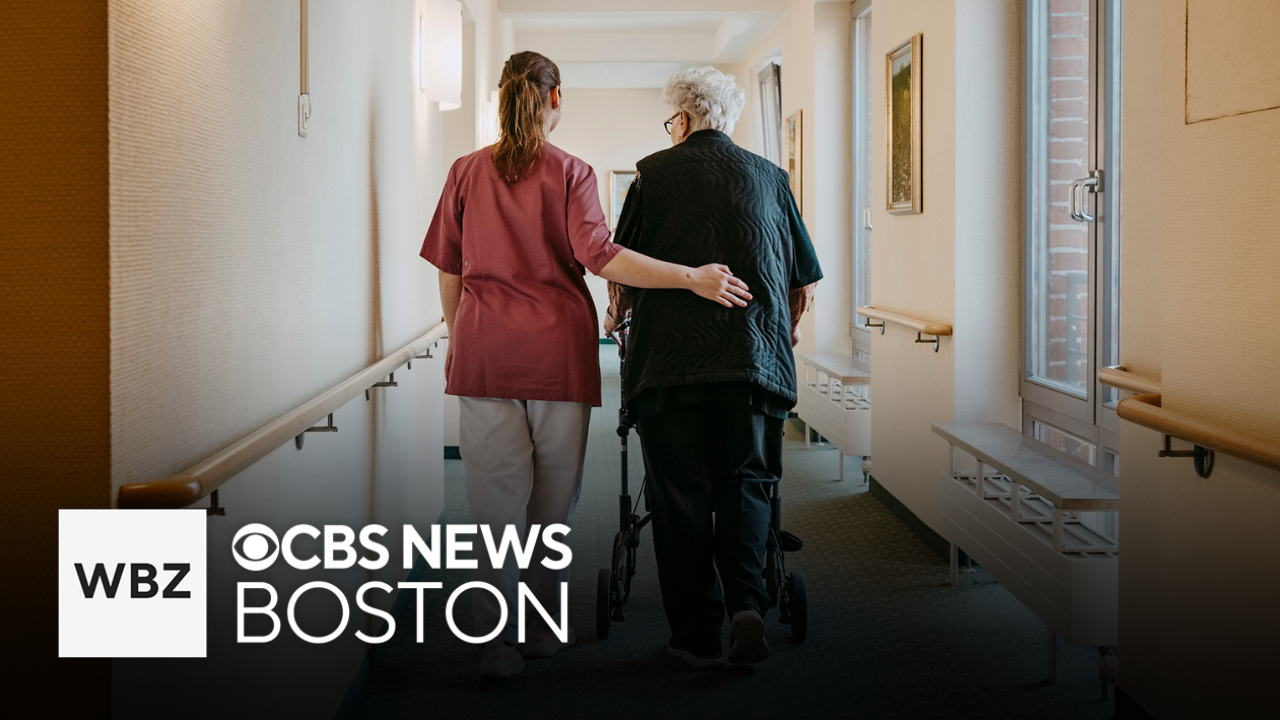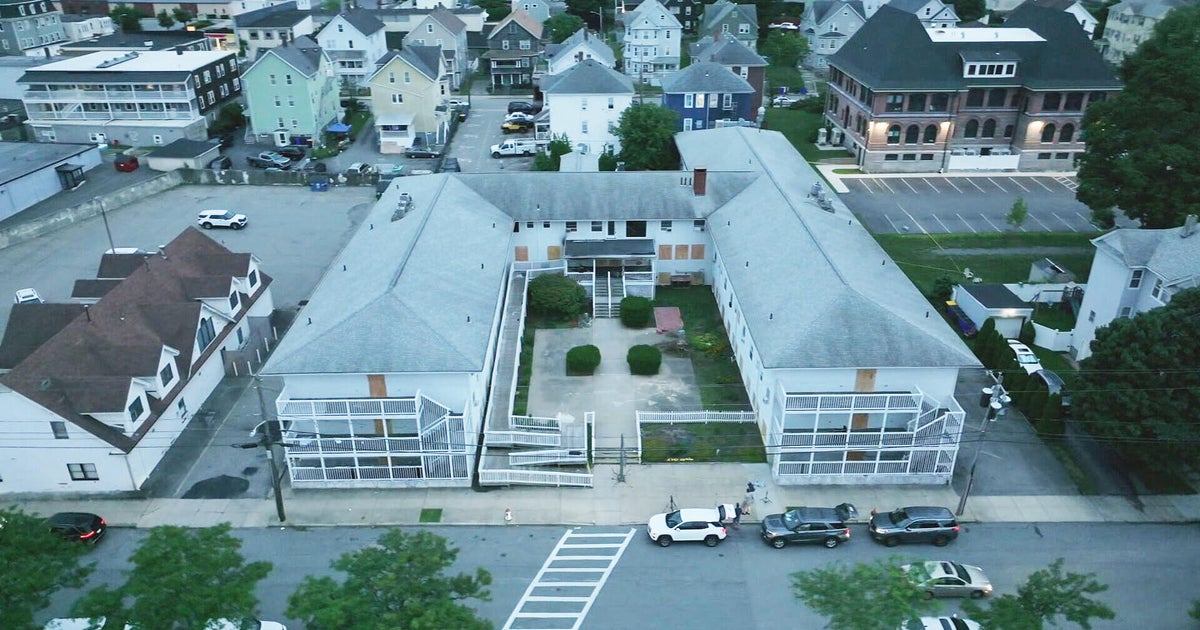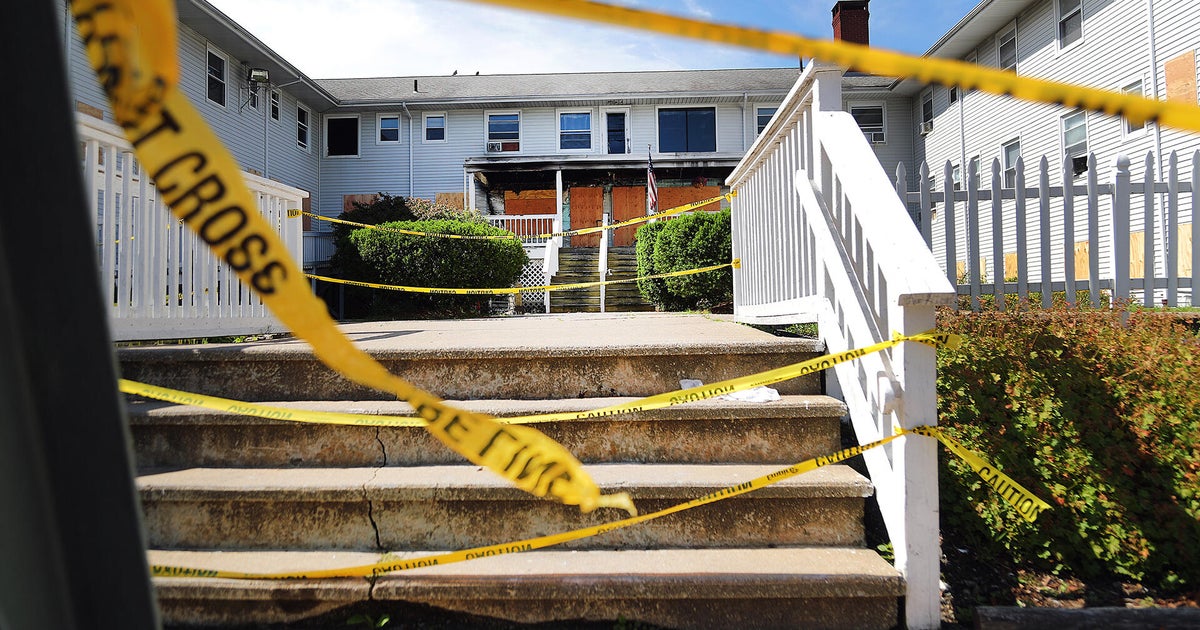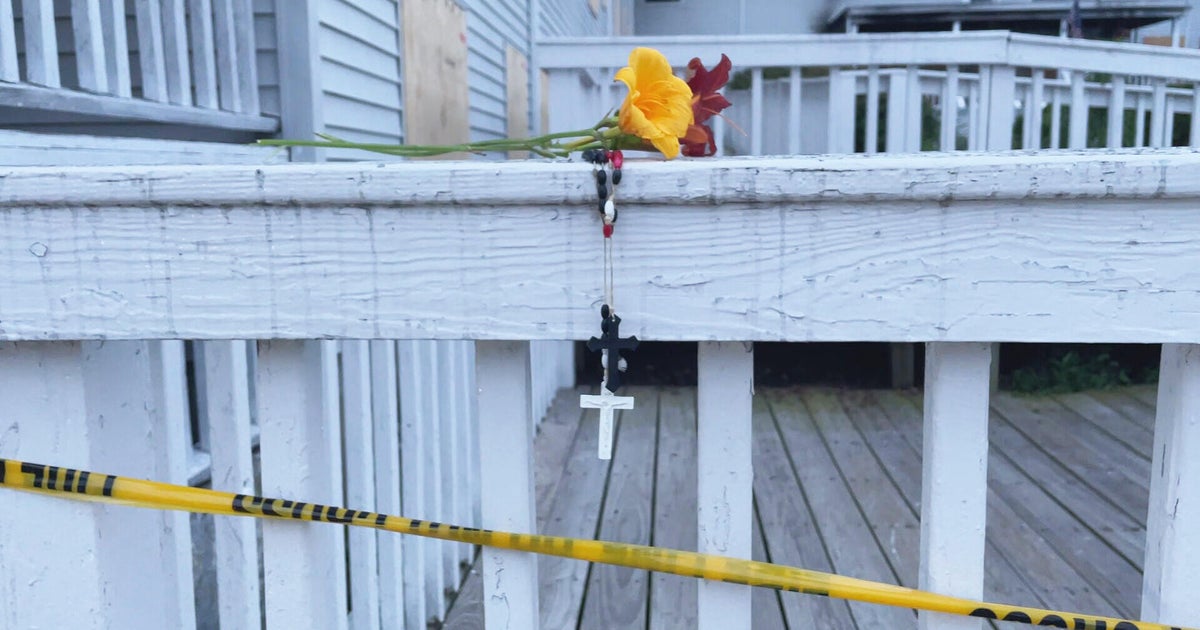What's the difference between assisted living and nursing homes? Here's what 2 experts say you should know.
Following the deadly fire at Gabriel House in Fall River, Massachusetts, there's been confusion about the difference between the types of care offered at, and the regulations governing, and .
The process of finding safe, supportive, and dignified care for a loved one when they become a senior can be challenging.
"It can be both emotionally draining as well as exhausting," said Paul Lanzikos, the co-founder of . "You're not looking for long term care just because you want to... There's a demand for it, there's a pressing need."
It is important that family members in the market for long term care are aware of the different options and what they do - and don't - offer.
"A nursing home is skilled care. They're going to have nurses, 24/7," said AARP Massachusetts state director Jennifer Benson.
In assisted living facilities, "There's not a nurse 24/7," Benson told WBZ-TV. She recommends using to help you make an informed decision.
Ask questions
"What do you look for? Is the home safe? Do they need someone 24 hours a day or just a few hours a day to help with those activities of daily living?" Benson advised as a starting place for research.
While most families start looking for care in the midst of a crisis, Benson and Lanzikos agree the process shouldn't be rushed.
"Start as early as possible to have these conversations to get a sense of what choices are on the table," Benson said.
Look into staffing levels
"It's always good to check with the management as to what their staffing ratios are," Lanzikos added.
According to Fall River's mayor and a worker at Gabriel House, there were just two staff members working at the time of Sunday night's fire, caring for 70 residents.
"I wish I could tell you it's unheard of, but it's not," Lanzikos said.
According to the Massachusetts Department of Elder Affairs, the state does not require a minimum staffing level in assisted living homes.
"What the state says is that there should be a reasonable number, but it doesn't give a number or a ratio or anything like that," Benson explained.
That means it's up to you to ask detailed questions and do your research before selecting a location.
"Is it clean? Are there enough safety precautions as far as handrails? Do they have a disaster or emergency plan?" Benson said.
Lanzikos recommends using state and local resources for support. If you have concerns about a facility, you should report them to the .
